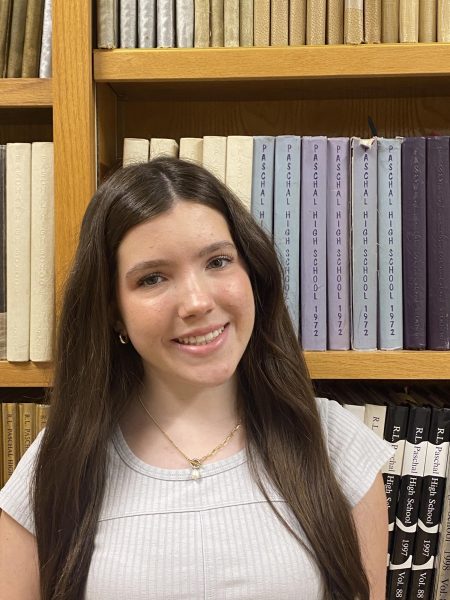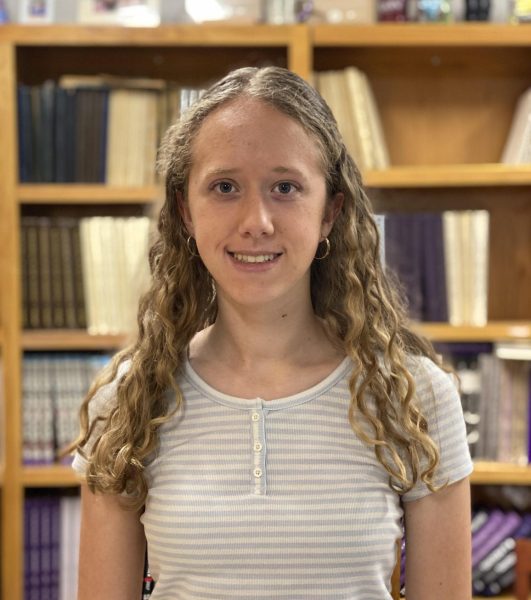Fort Worth is currently in an active movement to recognize the deep and enduring history of Native American people in the United States, but more specifically in Fort Worth. Paschal is in the process of taking a significant role in this movement by issuing an official land acknowledgment. The statement holds respect and a gesture of appreciation and recognition of the Indigenous people whose ancestral lands the school and its surrounding areas occupy.
A land acknowledgment is a formal statement that recognizes the Indigenous tribes and nations who lived on the land before it was colonized. Paschal recognizes the Native people, who live or lived around the land where our school is based. The acknowledgement is part of a broader effort by Fort Worth ISD and PHS to cultivate cultural awareness and advocate for those whose voices aren’t necessarily heard.
Texas Christian University, Paschal’s neighbor, share Native Land. TCU has already made the step and placed a monument representing their acknowledgement. The rock, which holds a plaque, was placed on October 1st of 2018, featuring these words, “We respectfully acknowledge all Native American peoples who have lived on this land since time immemorial. TCU especially acknowledges and pays respect to the Wichita and Affiliated Tribes upon whose historical homeland our university is located.” Since then, FWISD and PHS have come together to make a step towards giving Paschal their own acknowledgement.
People often don’t give much thought towards where our home is, and if once our home was someone else’s. In this case, Fort Worth was certainly someone else’s home.
“If we go back into our history, or even before there’s history, there are people here and so to remember it is important,” Paschal English teacher Dr. Gayle says. Tribes such as the Comanche, Wichita, and the Kiowa called the Fort Worth area home long before settlers did. Indigenous cites, exhibits, and activities give people the opportunity to learn more about and respect Native tribes in Texas, and how they played a large role in shaping our city.
Though Fort Worth does have many resources for educational opportunities, Native American voices are overlooked, or even silenced, because people don’t care to hear about ancestry and what their home once was.
Dr. Gayle says, “Now there is such a consequence of this history that we see very very few indigenous people, not just in numbers but because they don’t want to identify themselves.” The land acknowledgments are created and implemented to reverse this pattern, and create a safe and respectful environment for everyone, no matter the past Dr. Gayle said.
When asked in what ways can adults give the message to kids in a way they would respect and understand it, Dr. Gayle discussed the fact that adults and kids should understand that we all come from a place of history. “The question of the roots literally here are important, and when we look into it who was included in the first classes of Paschal, and who wasn’t, and then when we look at some of the things that were going on in the state, when we are looking at the dynamics of who and their identities, and looking at indigenous people who were here before any European contact, why weren’t they allowed in the school?”
Why should Paschal have a Land Acknowledgement? Dr. Gayle responds “Paschal should not have a land acknowledgement if it is just something that is performative, something that Paschal can just claim. The reason Paschal should have a land acknowledgment is because Indigenous people are appreciative of that, and they are asking for that.” Students involved in the FWISD program for education of Native students, want it. “One thing we have learned from TCU is that they are learning with and from Indigenous people about Indigenous history.”
There are volunteer opportunities for students who are interested in being an active part of the Indigenous community. Honors students from Paschal for instance, volunteered at the invite from the UTA Indigenous student group annual get together, where Indigenous students come together to celebrate their history. “We, the Paschal people, talked with some Indigenous elders there and they said the acknowledgment of the history and the living was great.”
Dr. Gayle discussed the hopeful idea of having a plaque on Paschal’s property, with the elders at the event, in which they said they are nothing if a seed doesn’t represent them. Now, what does this mean? Dr. Gayle recalls the elder saying, “ Go to the oldest tree on TCU campus, and get a seed, the acorns, those would be what we represent. The acorns represent life that was before in the land, and what is still in the land, and they were happy with the thought of that.”
Acknowledging the land where Paschal stands is not just a symbolic act, to heighten our standards, and boost popularity, it is a call to learn, listen, and act upon building a community that values all voices and histories. As Paschal continues to grow and evolve, the recognition helps to root us in a deeper understanding and respect for where we are, how we got here, and who stands with us.





